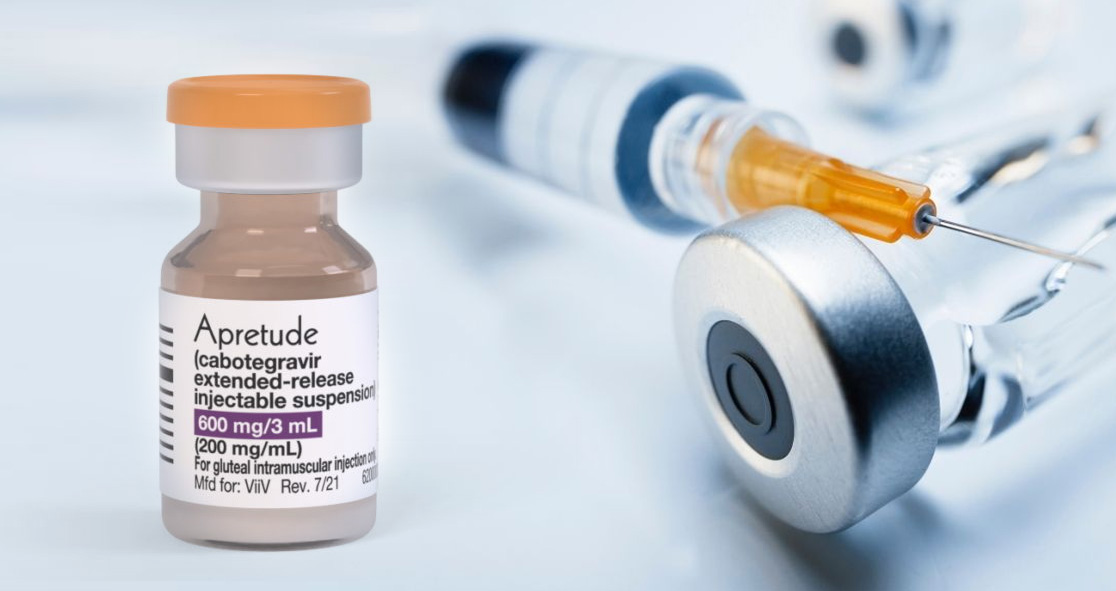Last week, the U.S. Food and Drug Administration (FDA) approved the first long-acting injectable medication, called Apretude (cabotegravir) for use as pre-exposure prevention (PrEP) against HIV.
Scientists have called the Apretude approval a “game-changer,” according to NPR.
The drug, available as an injection, has proven highly effective at reducing the risk of sexually-acquired HIV. Before this FDA approval, the more common way to take PrEP was through a daily pill. And now the Apretude injection is to be taken only once every eight weeks, which could help mitigate the social stigma of HIV and prevent its spread.
Dr. Kenneth Mayer, Medical Research Director and Co-Chair of The Fenway Institute, told NPR, “This new medication, cabotegravir, is a game-changer.”
The FDA says the Apretude injection is a more realistic option for people who face challenges while taking a daily pill. Treatment compliance is a major issue among HIV patients. Poverty, depression, other health disorders, and even plain forgetfulness could make it hard for patients to adhere to oral treatments on a daily basis.
Dr. Debra Birnkrant, Director of the Division of Antivirals in the FDA’s Center for Drug Evaluation and Research, said, “This injection, given every two months, will be critical to addressing the HIV epidemic in the U.S., including helping high-risk individuals and certain groups where adherence to daily medication has been a major challenge or not a realistic option.”
Taking oral pills as PrEP has actually been highly effective in recent years, but what makes the injection such a game-changer is that it can be easier to adhere to and it is more effective.
In clinical trials, Apretude taken by cisgender men and transgender women who have sex with men had 69% less risk of getting infected with HIV, according to NPR. In addition, cisgender women had 90% less risk after using the drug.
Dr. Mayer noted that some individuals did not like the experience of the injection and stopped their treatment during the trials, so Apretude may not be an across-the-board solution for everyone.
However, the drug is still a significant step to curb the spread of HIV in the U.S. The FDA’s approval could also pave the way for the drug’s use in lower-income countries.
One study of Apretude in sub-Saharan Africa, which was conducted before the COVID-19 pandemic, was considered so effective that the study ended much earlier than anticipated.
Dr. Anthony Fauci, the nation’s top infectious disease expert, called it a “major advance.”
“One of the stumbling blocks in our prevention [efforts against HIV] has been the inconsistency or lack of efficacy of pre-exposure prophylaxis in those who need it the most. Namely young women, particularly those in southern Africa,” added Dr. Fauci, who is also the director of the National Institute of Allergy and Infectious Diseases (NIAID).





















